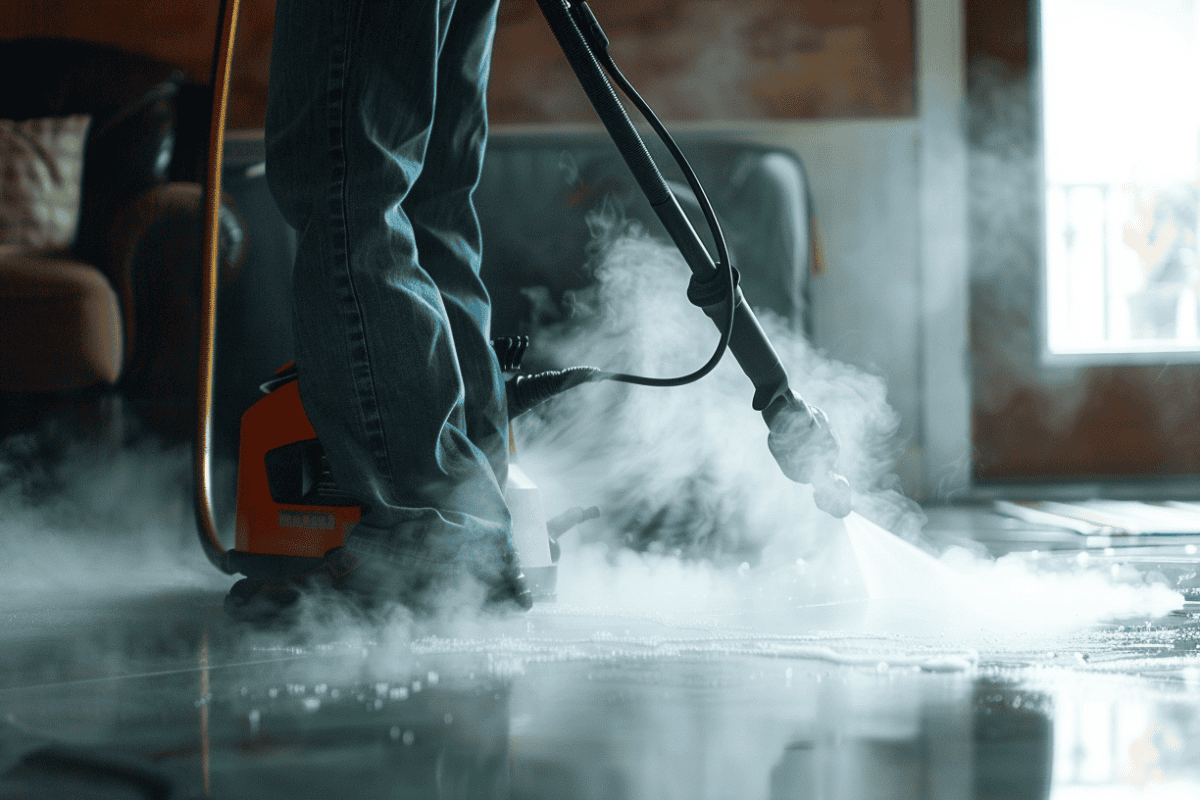It might surprise you, but piles during pregnancy are a common occurrence. Around 25% or 35% of women suffer from piles in the third trimester of the pregnancy. While piles can happen to any age group, but it’s common to pregnant women, the reason for this can be two-fold: –
- The pressure of the uterus can cause the blood vessels in the large intestine (the colon and rectum) to swell
- More frequent constipation can cause strained bowel movements.
Piles are not threatening; it doesn’t cause any harm to the mother or baby. But, it may cause irritation, itching, swelling and general discomfort, which can be challenging later. Do not take any medicine for piles during pregnancy, you should undergo proper treatment for piles under some specialist. Most of them will advise you to go for home remedies initially and switch to treatment after the delivery.
Hemorrhoids can also result from constipation. Thanks to pregnancy hormones, bowels slow down during pregnancy. When the stool is hard, the extra straining to eliminate it can put pressure on veins in your rectal area, causing them to become inflamed and bulge. “On top of that, higher progesterone levels produce the walls of the veins to relax and allow them to swell more easily.
How can you prevent haemorrhoids during pregnancy?
- Drink plenty of water- Ensure to have loads of fluids like soups, broths and of course not to forget the plain old water to keep the bowel moments smooth and easy. If you aren’t drinking enough, your body will reabsorb water through the colon, leaving dry stool that’s hard to push out.
- Exercising regularly– Exercise increases the metabolism of the body and helps in performing actions in a better way. Though exercises that involve heavy weightlifting must be avoided, you can go for short, brisk walks during pregnancy. Do pelvic floor exercises to strengthen your pelvic muscles. It will also help in having a standard delivery.
- Going to the bathroom as soon as you need to– Go to the toilet immediately whenever you feel the urge. Don’t wait for too long. Waiting will make the stool hard and difficult to pass. But, don’t spend too much time in the washroom if you don’t feel the pressure in the first 10 minutes then get up and wash the area, clean your hands and try later when you feel even a slight pressure later.
- Consumption of fibre-rich food- Slowly introducing fibre-rich foods into your diet, like whole grains, fruits, vegetables, wholemeal bread, brown rice and cereals in your diet. It helps in smooth bowel movements and reduces the chances of constipation. If you’re already constipated, ask your healthcare provider about a fibre supplement or stool softener. Choose a food-based prenatal vitamin as they are more absorbable. Synthetic vitamins, especially iron, can cause constipation.
- Keep moving-. Don’t sit or stand for long periods. If work involves sitting for long hours on the desk, get up and move around for a few minutes every hour or so. You are taking standing or walking breaks in between long periods of sitting.
- Cold pack: Cold pack is another way to get some relief from the pain caused by piles. You can dip a small towel in ice-cold water, wrung the excess water out and put it gently around your rectum area and the anus. Coconut oil can relieve pain and inflammation. So can use pure aloe Vera without added chemicals and fragrances or arnica.
- Medicated pads come handy during piles: Medicated pads come handy even during piles. So you can try the witch hazel pads for piles when pregnant. However, it would be best to consult your gynaecologist for the medicated pads as she would be able to guide you better on what pads are safe for you.
In the following weeks and months of pregnancy, when it’s uncomfortable to stand for a more extended period, you can opt to lie on your side instead of sitting. A ring cushion will alleviate pressure which will help in getting rid of the pain. You can also soak in a warm bath or apply haemorrhoid cream to the affected area to manage discomfort. Surgery is not advisable to pregnant women, and home remedies should be preferred to an extent. After your delivery piles are resolved within a few weeks in case it doesn’t fix in the next six months you need to consult your doctor because there may be chances that you are suffering from surgical haemorrhoids.
This is a sponsored post
Deepti .
Deepti is a young and enthusiastic writer who is currently pursuing PGPM from ICFAI Business School. Along with this, she is a freelance content writer who thinks pen has the power to change the world.


